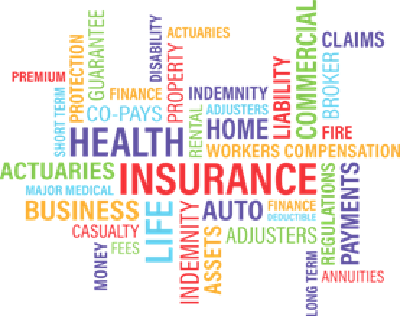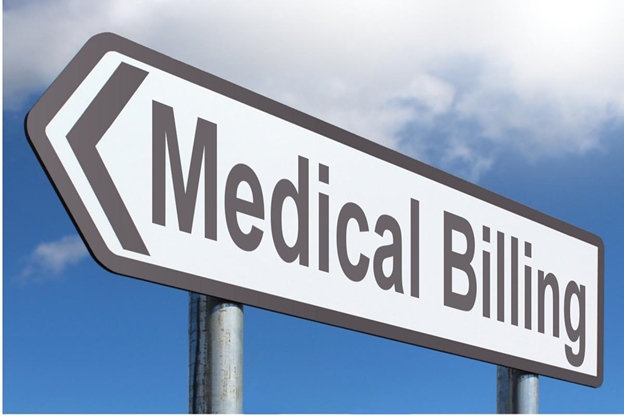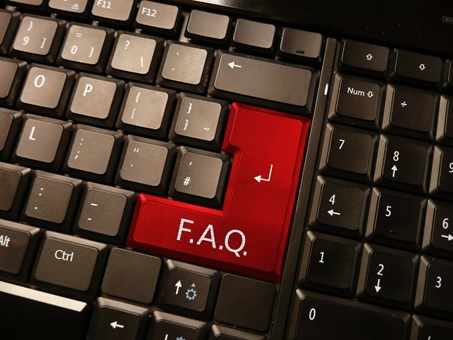Medical Billing Certification Online won’t be complete without a student familiarizing themselves with the medical billing insurance claims process. It is a complicated but entirely necessary procedure that begins after a healthcare provider sends a bill for the medical services they have provided to a patient to the designated payer. In most cases, the latter is a health insurance company who will be analyzing the
claim to see if it merits reimbursement.
As you take your classes Online, you will learn about processing such claims. As an expert in Medical Billing Certification, you will have to insure that before the claim is sent out, all the protocols have been followed. Additionally, there are industry standards that must also be adhered to. Only through constant vigilance will the payment be swift.
At a Medical Technical Institute, you will also be taught how to enter patient data into software and retrieve it when needed in order to prepare claims. The problem with such software is that most healthcare facilities use a different one. Therefore, there is no universal software application that you can learn and apply everywhere. Even so, the good news is that most software like that operates along the same lines. After all, the healthcare providers have to follow the standards set by Code Set Rule (TCS) and HIPAA Transactions.
While studying to receive your Billing Coding Certification Online, you will discover that the insurance claims can be delivered to the payers through two different methods. One is the standard manual method whereby the claim is on paper. The other is the electronic method, which has become the method of preference for most insurance companies and healthcare providers.
That’s because it is cheaper to process an electronic claim – the healthcare providers save $3 per claim. Moreover, electronic claims are generated in less time and lack human error to a high degree. So why should you learn how to do it manually, you ask? Since not all healthcare facilities have switched to the electronic way yet, Medical Billing and Coding Curriculum includes both.
Electronic Method
Billing Coding Certification requires students to be familiar with the electronic method of processing claims. This means that the billing specialist will use software to enter the relevant information into the institutional and non-institutional documents for claims. When this process is done manually, illegible writing, and human error could result in unreadable information. That is not the case here because a scrubbing option removes any errors that it finds in the documents. However, as a medical billing professional, you would need to remain diligent because the software can make mistakes as well.
As you decide Where to Get Medical Billing and Coding, try looking for a course that also teaches students about OCR equipment. The OCR technology is used to scan a document, so that it can separate the information needed and then fill in the relevant fields on a claims form. This makes the processing much faster and efficient. However, the OCR could make an error in reading the code for a procedure performed on the patient. A medical billing specialist must be vigilant enough to catch even a mistaken digit in a medical code and then correct it by hand.
On the flip side, you should also choose a course that teaches you more than just how to use the OCR technology when thinking of Where Can I Learn Medical Billing and Coding. That’s because you will have to convert the documents manually when the OCR equipment is not available. It will involve the use of a tool called crosswalks.
Manual Method
If you are doing the processing manually, then you would need to print out the forms and fill them first. One that is done, paper claims need to be physically mailed to the payers. Vigilance is the only way you can ensure that there is minimal room for error while you do everything manually. For instance, illegible writing or missing digits can mess up medical codes. Similarly, improperly printed documents or missing pages might take place. All such mistakes can result in payment delays.
Medical Billing and Coding Schools also include information about the two most important forms when it comes to processing claims i.e. the CMS-1500 and the UB-04 form. You will learn which form is the right one to use, depending on the conditions. Let us take a brief look at each of them:
CMS-1500
It is maintained by the National Uniform Claim Committee (NUCC). Medical Billing Training will tell you that the CMS-1500 form is universally used by non-institutional healthcare providers. That means it family healthcare physicians and other private practices make use of this form when they need to bill Medicare. If the claim is verified, the healthcare provider will be reimbursed for any services covered under Part B, as well as, certain Medicaid-covered services. Not all tax payers need to fill all the fields given on this form.
UB-04
Form UB-04 is also NUCC-maintained. However, it is used by hospitals and other institutional healthcare providers. This form is filed by a healthcare facility in response to services that are exceptions to the ones charged electronically. The Administrative Simplification Compliance Act (ASCA) mandates that physicians and other health care providers self-assess. If the services they rendered will be considered permitted exceptions, they can thus be filed through the use of manual claims. Not all tax payers need to fill all the fields given on this form.
The insurance claims process is complicated but it is also completely necessary. If you pick out the right institution to teach you the tools you will need to complete such claims on a daily basis, you will do well. That means as a medical billing professional, you need to know how to manually and electronically file a claim. You should be familiar with the industry standards and any regulations unique to the insurance company you are claiming against. Lastly, do much research on clearinghouse and adjudication processes because you will need to know them both!




